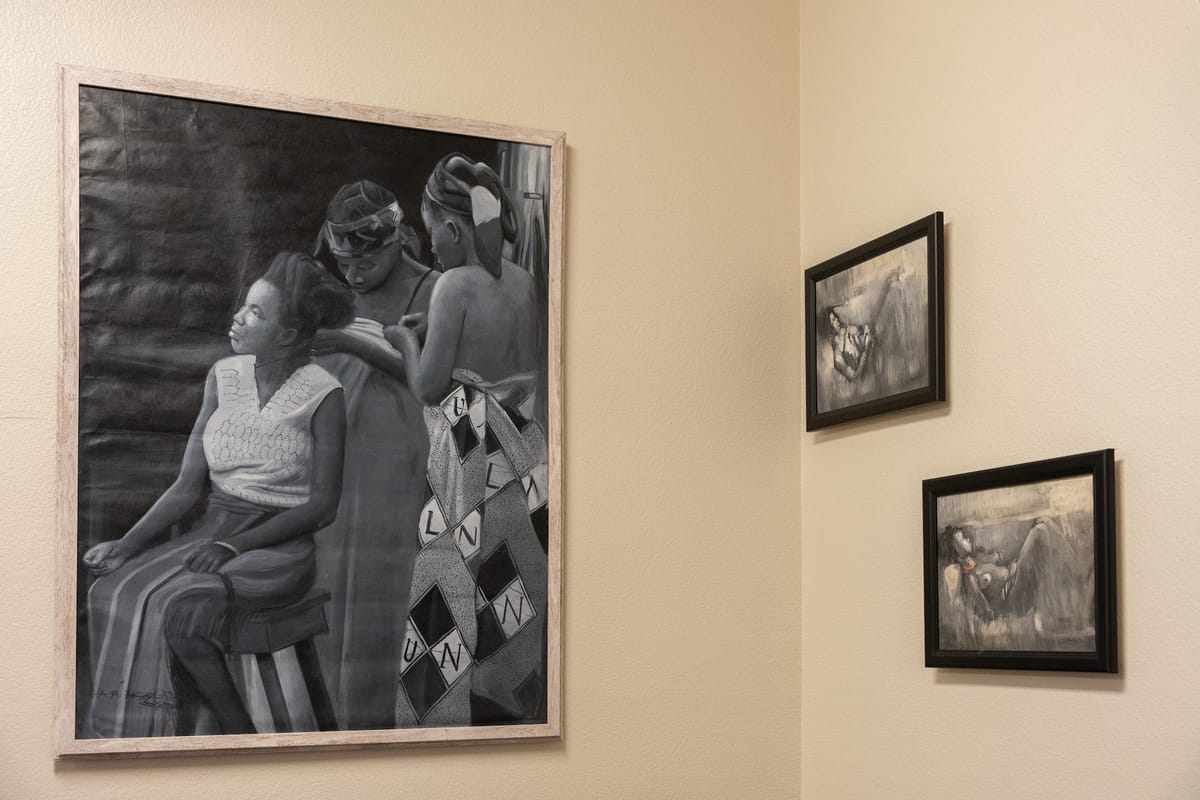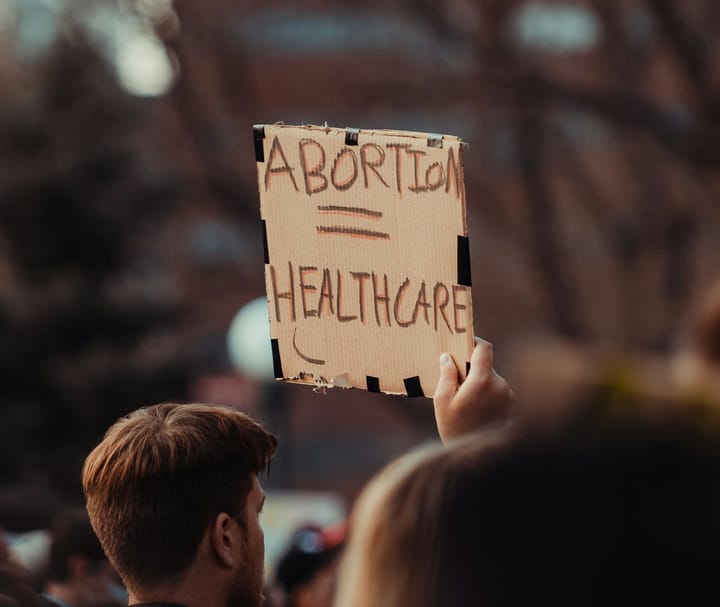Overcoming Barriers For Black Women And Abortion Care

It has been over three years since Texas has been under what is essentially an entire abortion ban when Senate Bill 8 was enacted on September 1, 2021 (months before Roe v. Wade was overturned). Many reproductive rights organizations warned that the consequences would be dire: overall healthcare would be impacted, and maternal mortality would increase.
No group foretold those consequences more than the Afiya Center, the only reproductive justice organization in North Texas that was founded by, and primarily serves, Black women. Texas Signal recently spoke with their interim deputy director D’Andra Willis about how a group like the Afiya Center confronted new challenges with their reproductive care.

“Even when the bans happened, we never stopped working,” said Willis. “We didn’t have the luxury of closing down, we just had to reimagine what it may look like.”
The barriers that patients the Afiya Center sees were steep even before the abortion bans were enacted, points out Willis. There’s a lack of resources, a lack of medical insurance (which is compounded by Texas not having expanded Medicaid) and simple things that many take for granted like having an ID. Now with laws like SB 8 in the books, those barriers have been “exacerbated” according to Willis. “It’s not as simple as [leaving] a state.”
Travel for patients can now take a week because appointments in states without abortion restrictions are scarce. Many patients have to find lodging, grapple with being away from work or family; some have to find childcare. What previously could have cost $500 or $600 has now increased tenfold according to Willis. And that’s in a state where minimum wage is $7.25 and Black Texans are more likely to experience poverty.
These are just some of a few of the logistics that the Afiya Center must work through to find care for their patients. “There’s not a lot of organizations that serve the multi-layered needs of Black women when they are trying to access abortion healthcare.”
Before Willis became the interim deputy director she led the Birth Justice Program at the Afiya Center. She is a full-spectrum doula, a critical expertise for the Afiya Center. The doula services and classes at the Afiya Center have also been transformed over the last several years. That’s fully intentional, notes Willis. “Statistics show us that if a black woman is able to choose a black doula to support her, or have a black birthing team, it lowers her risk of maternal mortality or morbidity,” says Willis.

This means the Afiya Center has also been drafting their own curriculum for the doula program because they do not want to rely on programs that don’t address the needs of their patients. A big part of the culturally competent curriculum that Afiya addresses includes living with HIV. The Afiya Center was originally founded in 2008 to address the large health disparities that existed for Black women and girls who had contracted HIV, and the lack of support and programming they received.
With the November election just days away the Afiya Center has also been busy with one of their action objectives: the I Am A Reproductive Justice Voter Campaign in partnership with In Our Own Voice: National Black Women's Reproductive Justice Agenda. But Willis also stresses that they do integrative voter engagement year-round. They are also looking ahead to next year when the legislative session begins. They have a Reproductive Justice Academy that lasts until March where they teach “the skills of advocacy.” And then there’s the trip to the State Capitol for their Advocacy Day where they will once again meet with legislators and stakeholders.
Willis thinks back to when SB 8 was being debated in the 2021 legislative session. Many reporters were asking what the outcome would be for Black women in Texas. Willis and her colleagues warned that there would be an increase in maternal mortality, an increase in teen pregnancy, an increase in mental health and an increase in poverty. Over three years later Willis takes no solace in that accurate forecast. “All those numbers we have seen in the last fifteen years, they have tripled.” But for Willis and the rest of the staff at the Afiya Center, the work continues because it must.



Comments ()